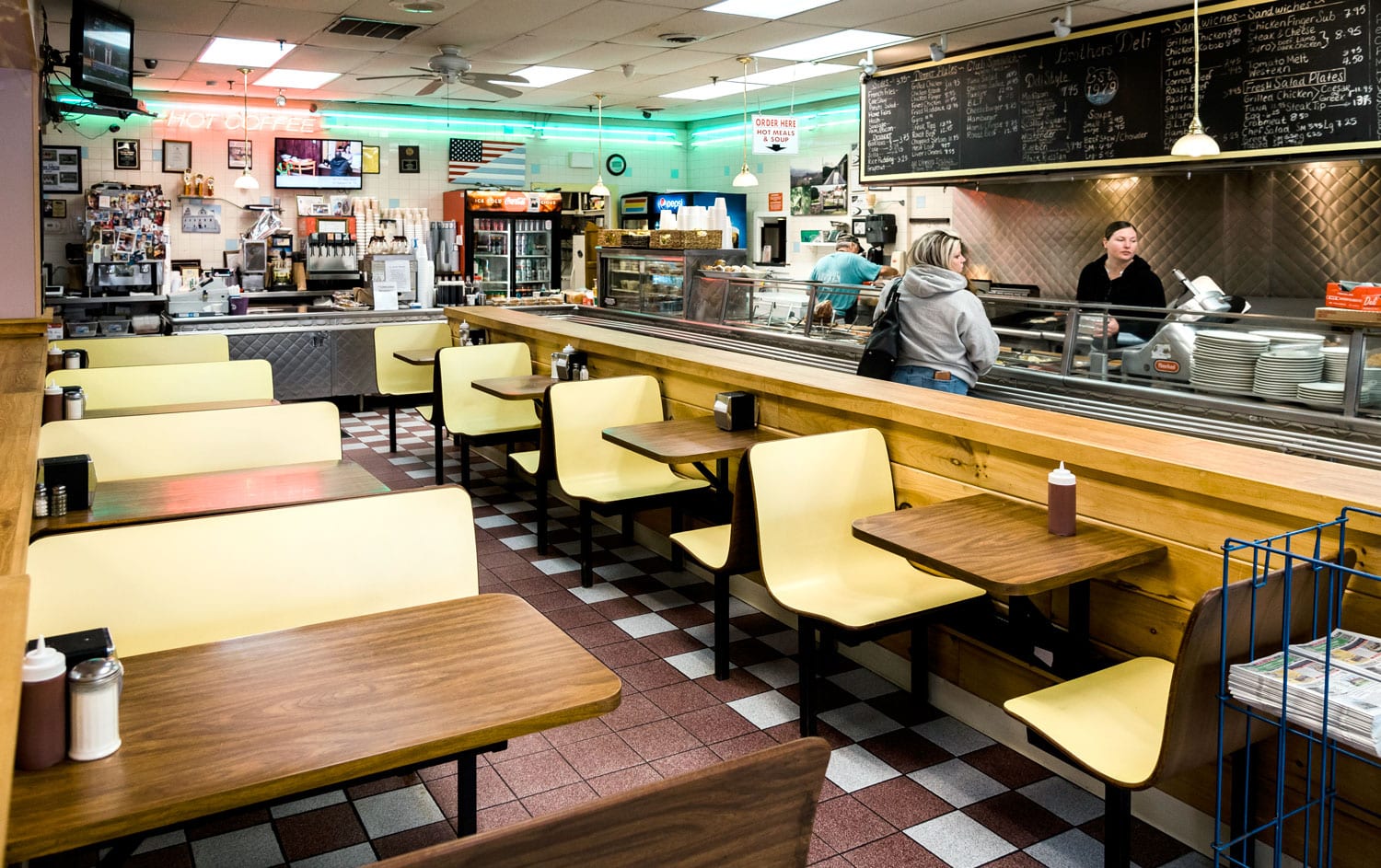Stanley Wong has one overriding question as he prepares to talk about how his family’s restaurant — Kowloon in Saugus — is weathering the social isolation that’s been almost mandated by the town and the Commonwealth of Massachusetts in the wake of the COVID-19 virus.
“Are you home? Are you safe?” asks Wong, whose brother, Donald, is a state representative. “That’s more important than anything else at this point.”
Wong, like all restaurant owners on the North Shore, is doing his best to cope with the new reality. He has not felt any type of backlash in terms of lost business because the COVID-19 virus originated in China.
“Boston really got hit hard,” he said. “I’m very grateful we’re not in Boston.”
Nor, Wong said, did he feel any racism on the part of his customers who ate at the restaurant before bans on large gatherings went into effect.
“I can’t say I felt any,” he said.
But since the ban went into effect, he’s felt the sting.
“It’s sad,” he said. “I have 1,200 seats and nobody’s in them. That’s going to have an effect on us. Overhead hasn’t changed. But obviously, there’s less money coming in.”
And that’s the way it is all across the board. Restaurant owners are very conscious about doing the right thing in the wake of the impending pandemic. But at the same time, they’ve had to face certain realities.
Some establishments, such as Mission on the Bay in Swampscott and The Tides in Nahant, have just shut down.
A phone call to The Tides yielded a recorded message saying the facility would reopen April 6, per order of Gov. Charlie Baker. The establishment is not offering takeout services, citing concern about the safety of its customers.
Marty Bloom, owner of Mission by the Bay offered his reasons why.
“It’s not worth it doing takeout,” he said. It’s a non-starter as far as we go. I have great chefs, and by the time I bring them and re-jigger a menu that was never meant for takeout, it doesn’t make sense to us.”
So, says Bloom, “we’ll try to ride this out as much as we can. We’ll have to see how it goes. Everybody’s in the same situation, though. Nobody’s unscathed.”
At April’s, owner Roger Garcia has two locations. One of them, Salem, is struggling. The Lynn location on Buffam Street is doing somewhat better.
“I’d say, in Lynn, we’re getting about 30 to 40 orders a day,” Garcia said. “But usually by now (around noon) we have 100 lunch orders.
Garcia is pretty certain these mandates are going to last longer than April 6.
“But what are you going to do?” he asked. “You have to take this seriously.”
George Markos, owner of Brothers Deli on Market Street in Lynn, says, “We’re hanging in there like everybody else. It’s takeout only. I want to thank people for knowing we’re still here.”
Brothers serves its meals cafeteria style, and it is a popular lunchtime spot — both for eating in and taking out — located in the heart of Lynn’s municipal government district.
“I’d say we’re less than 50 percent off what we usually do, but we cannot panic in a situation like this. We have to be able to handle it.
“Nobody knows what’s going to happen,” he said. “Are we climbing up hill, going downhill, battling a storm? Every day we’re getting new information, and not enough of it is giving people hope.”
Restaurants without an established takeout clientele are having a tougher time. The Continental in Saugus is making the best of a bad situation, but manager Roger Patient said the restaurant — which he described as a “middle-of-the-road” establishment — isn’t used to taking carryout orders for its mid-priced, dining room-quality steak and seafood.
“People will go to sub shops, pizza places, Chinese food places, stuff you can just get in and get out and spend about 20 bucks,” he said. “Our prices are a little higher.”
To attract more customers during the shutdown, Patient said they’ve lowered prices, but business has still been slow.
Paul Kourkoulis owns the Continental. He said before the coronavirus hit, his restaurant was already operating at a 2 percent profit margin. With newly reduced prices, the few takeout orders they’ve received have done little to offset operating costs.
“There’s almost no safety net,” Kourkoulis said. “You hope you have enough equity to make it through, but I don’t see it. I mean, this is a ‘we’ll let you know in three weeks,’ not a ‘everybody’s going to open again in three weeks.’ It’s a ‘wait and see.'”
However, Brothers’ Markos is optimistic.
“This is a great country we live in,” he said. “We have doctors, engineers, scientists …. And thank God they’re working to get a handle on this.”
But he’s not going anywhere, he said.
“In the meantime, do what they tell you,” he said. “Wash your hands, your face, and sanitize your area.”

